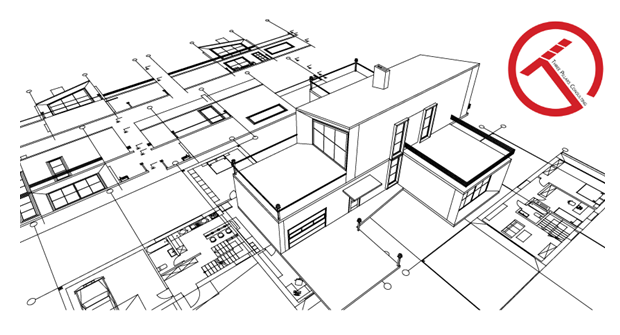LEED-ing with Sustainability in Construction
Written By: Abraar Mohammed | Date: 2019

LEED (Leadership in Energy and Environmental Design) is a green building certification system that is internationally recognized and practiced. Originated and developed by the United Stated Green Building Council (USGBC), the LEED certification has been implemented in projects located in all corners of the globe. Built around a credit point based system, LEED emphasizes energy and environmentally-related and cost-effective strategies that have proven to be beneficial to the project owners and occupants alike.
On an average, 40% of the world’s energy is consumed by the construction sector and operation of buildings. As a result of the exponential growth coupled with the harsh climatic conditions of the region; the built environment (i.e. commercial complexes and residential blocs) in the Middle East is notorious for its energy dependency and consumption of natural resources. The GCC Countries consistently rank among the most energy intensive countries in the world on a per capita basis, with Qatar, Bahrain, Kuwait, the UAE, Saudi Arabia and Oman all ranking 1st, 5th, 7th, 10th, 13th, and 16th among all countries (IEA 2017).This excess use of energy and natural resources not only risks the possibility of resource depletion and the generation of pollution, but also leads to higher expenditure and costs. It is therefore important for the built environment sector to encourage the sustainable use of resources not only to minimize the impact on the environment but also as a way to reduce costs and save money over time.
LEED’s implementation structure is designed to reshape general construction norms in a way that promotes strategies focused on improving a project’s energy, environmental and financial performance. Projects are scored and evaluated on their how the design and construction of the project increases things like energy efficiency, water saving, reduction of carbon emissions, indoor air quality, site accessibility and enhanced waste management, for example. The certification process involves a holistic participation of project owners, consultants, and contractors. Most notably, one of the primary tasks is to bring a LEED (or Green Building) consultant into the project as early as possible in order to maximize the number of design elements that can be influenced by the LEED process and making sure those design specifications are aligned with LEED requirements and clearly communicated to the building contractor during construction and implementation. In the end, applying the design changes required to achieve LEED certification can reduce a project’s overall energy use (and electricity consumption) for a similarly sized building, provide increase productivity due to enhanced lighting design and indoor air quality, and overall project value through the use of added-value features such as capture and use of rainwater, increased waste segregation, and the use of construction material with a reduced life-cycle footprint.
Overall, the LEED credential is meant to supplement local construction standards and governance in order to enhance a building’s overall environmental performance. The trend of sustainable development has already taken off in the MENA region with over 1200 registered LEED projects and countries like UAE and Qatar taking the lead with around 800 and 170 LEED certified projects, respectively. UAE already has a cumulative LEED certified area of 3.1 million square meters and is looking to expand that number in the coming years. The introduction of a credit base system assessment system not only brings to light approaches that might have been overlooked but gives a physical merit to a project that could be used as a face value standard for similar projects in the region.
Looking for Expert Analysis?
Send us an email or schedule a call with us to discuss your questions and needs regarding carbon, energy, and sustainability.
Contact
Want to contact us about our services and products? Give us a call or send us a message by using the form below.
Location:
Three Pillars Consulting (TPC)
Al Noor Plaza (Building 2118), Unit 107
Al Bashair Street | Madinat Sultan Qaboos, Muscat | Oman
Postal Code 116
Email:
contact@threepillarsgroup.com
Call:
+968 2496 7611
